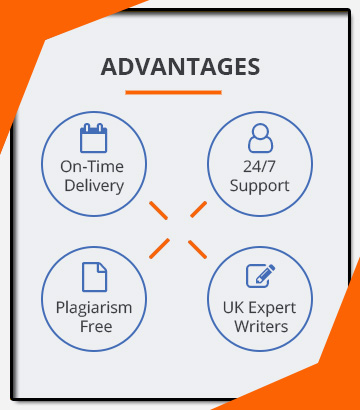|
1. Be able to explain the importance and purpose of business research.
|
1.1 Assess the problems faced by businesses.
1.2 Identify a problem that can be solved within a stipulated time.
1.3 Develop problem statement and justify the need for further investigation.
|
Common problems faced by organisations
- Types of organisational problems such as technical problem, cultural, procedural, policy problems etc.
- How to identify and define organisational problems?
- Problem definition tools – Pareto chart, Fishbone Diagram, Scatter diagram, Failure Mode and Effect Analysis
What is research?
- Role of research in solving business problems Research oriented consulting and advisory firms, budget allocated by organisations on Research and Development activities.
- Difference between academic and commercial research.
- Critical thinking and self-evaluation
- Tools and Techniques for critical thinking – Blooms taxonomy as a foundation for critical thinking Reflection as a technique for self-evaluation, learning styles and models for reflection
|
|
2. Be able to critically evaluate existing body of knowledge and establish the need for further research.
|
2.1 Search and evaluate relevant literature, draw conclusions and justify the need for further research.
2.2 Evaluate various theories and choose a specific theory for explaining the observed phenomenon
2.3 Develop a theoretical solution for the identified problem and justify the need for further research.
|
|
3. Be able to examine the nature of knowledge from philosophical, ontological and epistemological perspectives.
|
3.1 Explain epistemological and ontological assumptions and its impact on the nature of our understanding.
3.2 Understand the relationship between ontology, epistemology, methodology, methods and sources
3.3 Demonstrate understanding of research. philosophies and its influence in data collection process.
|
Choosing a topic for research
-
Philosophy behind research
-
Positivism, Interpretivism, Pragmatism and Realism Ontological and epistemological assumptions and its influence on our understanding
-
Role of Ontology and Epistemology in influencing a researcher’s process of enquiry
-
Theory behind research
Types of theories
-
Role of theories in conceptualising business problem and its relationship to research paradigms What is hypothesis, theorem and law
-
Process of building and testing theories
|
|
4. Be able to critically evaluate various types of published research and draw conclusions.
|
4.1 Define an area of research by providing a clear rationale, scope and express it in terms of contribution to wider body of knowledge.
4.2 Evaluate existing studies by examining its methodological gaps, discrepancies in theoretical stance, findings and analysis.
4.3 Evaluate literature from the ontological and epistemological views of the author.
4.4 Demonstrate comprehensive knowledge of a chosen subject area and present them as a logically structured succinct report to relevant audience.
4.5 Provide a theoretical debate by critically evaluating relevant theories for a given discipline.
|
Research Design
-
Brief introduction to research design – Longitudinal and Cross Sectional Research Design
-
Introduction to Action Research Contribution to knowledge
-
What is meant contribution to knowledge? Theoretical and Practical contributions How to identify a gaps in research?
Literature Review
-
What is literature and how to conduct a literature review?
-
Types of literature – Primary, Secondary and Tertiary
-
Steps involved in undertaking literature review – developing keyword list and building them, Identifying various sources for literature
-
Journal databases such as Emerald, Science Direct, Scopus, Google Scholar, Research gate etc
Tactics for searching the literature
-
Searching and Analysing literature – Academic, industry reports, white papers and grey literature Undertaking critical evaluation of literature Applying indicators such as age of publication, robustness of methodology in terms of validity and reliability, practical and theoretical contributions,
-
extent of agreement to the present study in question etc
-
How to read an article
-
Tabulating the findings
-
Performing content analysis and systematic literature review
-
Development of theoretical solution / conceptual framework
-
Hypothesis and Propositions formulation
-
How to present the literature in an engaging manner appropriate to the audience
|

